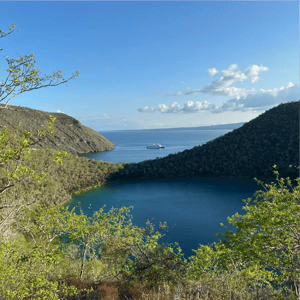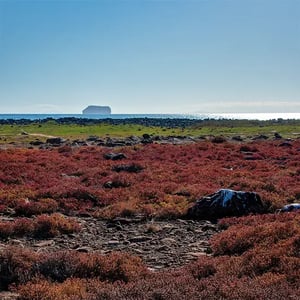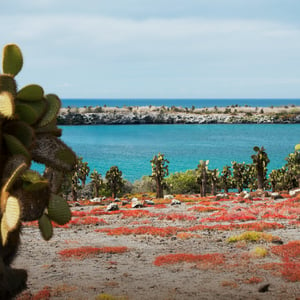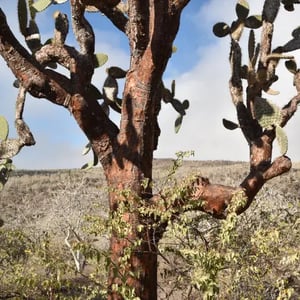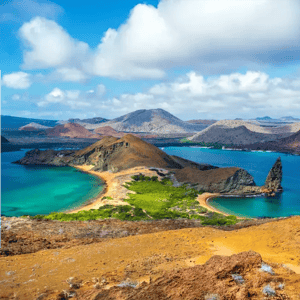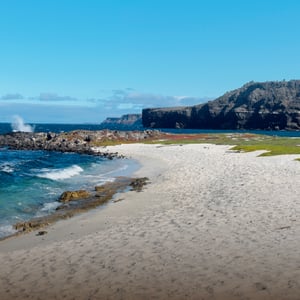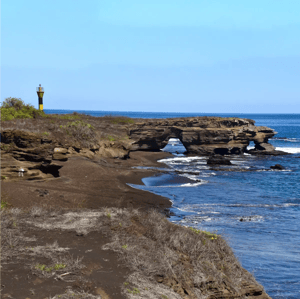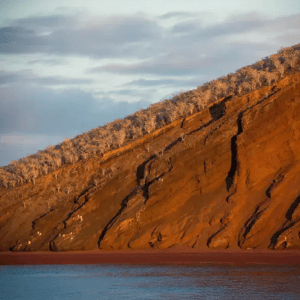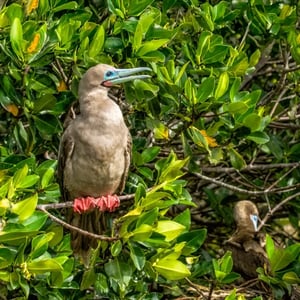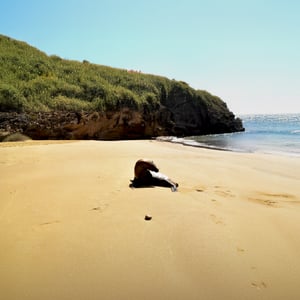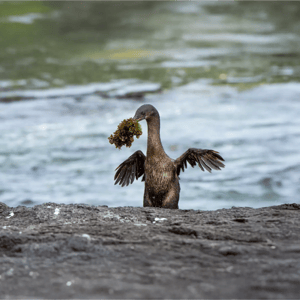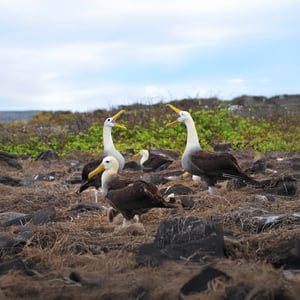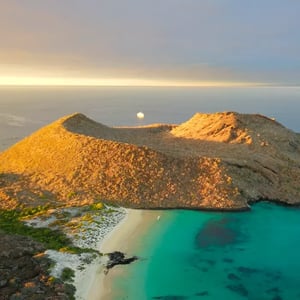
GALAPAGOS ISLANDS

Nature's Haven
The untouched state of its terrestrial and aquatic ecosystems makes it a natural sanctuary.
Each island has a different magic. In a few places on the planet, there is a chance to see such impressive and stunning landscapes and contrasting colors that are so marked and attractive. Their many wonders include impressive geological formations, ancient and recent lava flows, various types of cones and tunnels formed by flows inside the Earth.
Discover these extraordinary islands as part of our Galapagos cruise experience, where daily guided excursions are seamlessly included in your voyage — we invite you to embark on Galapagos Legend, Coral I, or Coral II and explore the archipelago from the sea.

Embark on the expedition of a lifetime
Our expertly crafted itineraries guide you through the magnificent Galapagos Islands, where nature unfolds in its purest form.
